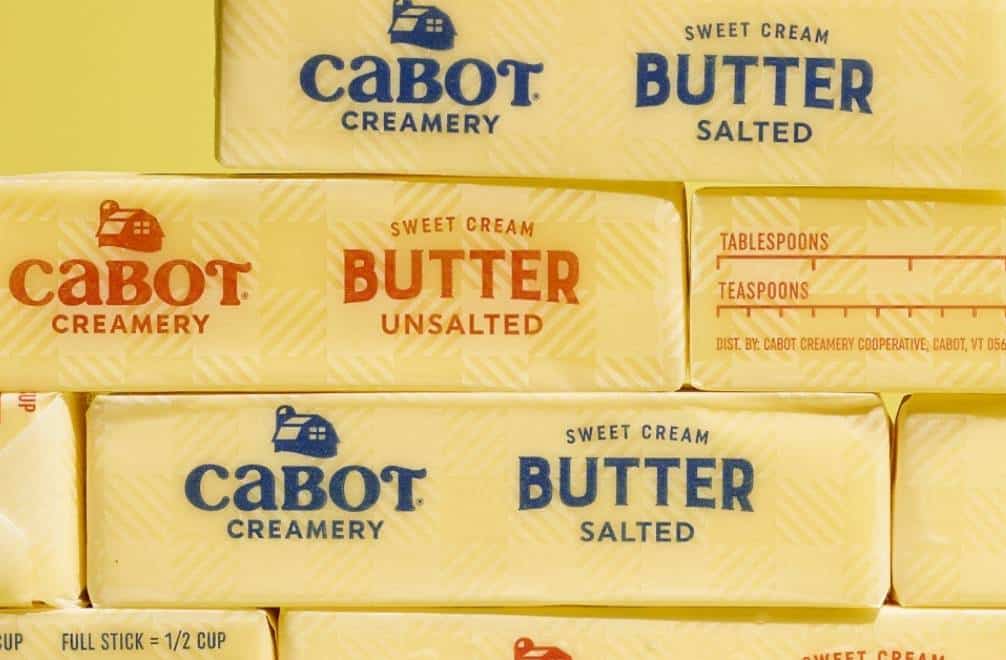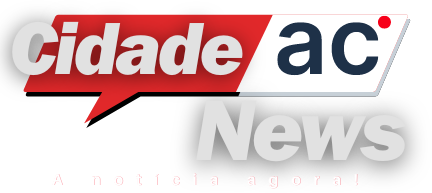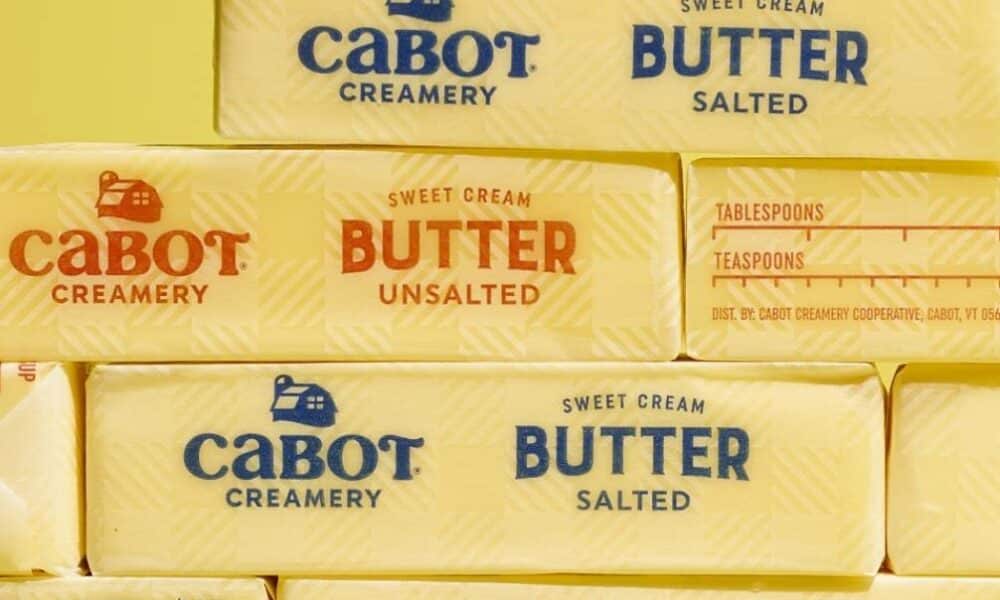
The dairy industry in the United States faces a new hurdle as a well-established brand grapples with a product safety issue. Cabot Creamery, a Vermont-based cooperative renowned for its premium dairy products, has announced the recall of approximately 900 kilograms of its Extra Creamy Premium Sea Salted Butter after detecting coliform bacteria. The discovery, made during routine testing, has raised concerns about food safety and consumer trust in a sector where quality is paramount. The recall spans seven states and underscores the critical need for stringent production controls.
The affected butter, with an expiration date of September 9, 2025, was distributed across Arkansas, Connecticut, Maine, New Hampshire, New York, Pennsylvania, and Vermont. While coliform bacteria are not typically linked to severe illness, their presence signals potential lapses in sanitation during manufacturing, which could increase the risk of other contaminants. Consumers who purchased the product are urged to refrain from consuming it and return it to the point of purchase for a full refund.
Cabot Creamery acted swiftly upon identifying the issue, emphasizing its commitment to safety. The company has already implemented corrective measures at its production facility to prevent future incidents. However, the recall has reignited discussions about the challenges of maintaining hygiene standards in large-scale food production, particularly for a brand synonymous with quality and tradition.
Immediate impact of the recall
- Volume affected: Approximately 900 kg, or 1,701 pounds, equivalent to 189 cases.
- States involved: Arkansas, Connecticut, Maine, New Hampshire, New York, Pennsylvania, Vermont.
- Lot identification: Code 090925-055, valid until September 9, 2025.
- Recommended action: Do not consume; return for a refund.
Understanding coliform bacteria
Coliform bacteria are commonly found in soil, water, and the digestive tracts of humans and animals. Their presence in processed foods like butter is a red flag, indicating possible exposure to unsanitary conditions. While most coliforms are harmless, they serve as an indicator of broader hygiene issues, potentially pointing to the presence of more dangerous pathogens like E. coli or Salmonella. For this reason, their detection in a premium product like Cabot’s butter is particularly concerning.
Butter production involves sensitive stages, from pasteurization to packaging, where any oversight can compromise safety. In this case, Cabot identified the issue through internal quality checks, highlighting the value of proactive monitoring. The company, headquartered in Vermont, stressed that the recall is precautionary, with no reported illnesses linked to the product so far.
The announcement has sparked mixed reactions among consumers. Some expressed unease about the possibility of similar issues in other products, while others praised Cabot’s transparency and rapid response. The Extra Creamy Premium Butter, prized for its rich texture and flavor, is a flagship product for the brand, making the recall’s impact on its reputation especially significant.
Cabot Creamery’s response
Cabot’s handling of the situation has been decisive. As part of the Agri-Mark cooperative, the company recovered 99.5% of the affected lot before it reached store shelves, limiting circulation to just 17 packages sold in Vermont. This logistical effort involved close coordination with distributors and retailers to track and remove the compromised units. The contamination’s source was traced to a single production line at the Westfield, Vermont facility, where corrective actions were promptly implemented.
Classified as a Class III recall by the Food and Drug Administration (FDA), the incident is considered low-risk to public health. However, the presence of coliforms still raises questions about sanitation protocols. Butter’s low water content naturally inhibits bacterial growth, but this does not eliminate all risks. Cabot assured consumers that no other products in its portfolio were affected.
Maintaining consumer trust is critical for a brand like Cabot, which has built a loyal following since its founding in 1919. Known for award-winning cheeses and artisanal butters, the cooperative is a cornerstone of Vermont’s dairy industry. While this incident is isolated, it tests the company’s ability to uphold its standards and preserve its market standing.
Food safety in the U.S. context
Food safety remains a top priority in the United States, where billions of pounds of food are produced and distributed annually. Recalls, though undesirable, are not uncommon and reflect the vigilance of both regulators and companies. In 2024, the FDA recorded over 500 food recalls, ranging from meat to dairy products. These figures illustrate the complexity of the supply chain and the ongoing challenge of maintaining high standards at scale.
For dairy products, contamination risks can stem from various sources, including tainted water, improperly sanitized equipment, or post-processing errors. Pasteurization typically eliminates most bacteria, but issues during packaging or storage can still occur. Cabot pinpointed the problem to a specific production batch, allowing for a targeted response.
Public awareness of recalls has grown, with consumers demanding greater transparency from brands. Cabot’s clear communication—detailing the affected lot and providing return instructions—aligns with industry best practices. Yet, the term “contamination” carries emotional weight, potentially affecting consumer perceptions in a crowded market with ample alternatives.
Details of the affected product
- Product name: Cabot Creamery Extra Creamy Premium Butter, Sea Salted.
- Packaging: 8 ounces (227 grams), containing two 4-ounce sticks in cardboard boxes.
- UPC code: 0 78354 62038 0.
- Affected lot: 090925-055.
- Expiration date: September 9, 2025.
- Distribution: Sold in Arkansas, Connecticut, Maine, New Hampshire, New York, Pennsylvania, and Vermont.
Market and consumer reactions
The recall news spread quickly, fueling discussions on social media and consumer forums. Many questioned how a premium brand known for rigorous standards could face such an issue. The Extra Creamy Premium Butter is a favorite among chefs and discerning shoppers, amplifying the incident’s visibility. Small retailers, reliant on artisanal products, have also been affected, tasked with notifying customers and processing returns.
Despite the potential severity, experts in food safety have commended Cabot’s response. Recovering nearly the entire lot before widespread distribution showcases logistical efficiency and consumer prioritization. Still, the incident emphasizes the need for ongoing investment in technology and training to prevent future lapses.
Consumer sentiment is divided. Some appreciate the company’s proactive measures, while others hesitate to continue purchasing Cabot products. The association with coliform bacteria, though low-risk, evokes hygiene concerns that may linger. The brand now faces the challenge of rebuilding confidence without losing ground in a competitive market.
Implications for the dairy industry
Cabot’s recall is not an isolated event in the dairy sector. Recent years have seen similar challenges, from Listeria in cheeses to milk recalls due to pasteurization failures. These incidents highlight the industry’s susceptibility to sanitation issues, even in countries with robust regulations like the U.S.
Dairy production requires balancing tradition with modern innovation. Brands like Cabot emphasize artisanal methods but must adopt advanced technologies to meet safety demands. Tools like real-time sensors and AI-driven quality checks are gaining traction, though smaller cooperatives may lack access to such resources.
Environmental factors also play a role. In Vermont, agricultural runoff has long posed risks to water quality, potentially affecting dairy inputs. While no direct link to this recall has been established, the case underscores the need for sustainable practices to safeguard food production.
Consumer guidance
For those with the affected butter, the steps are straightforward but vital. Checking the lot number and expiration date is the first priority. Cabot has provided contact channels for support, including a toll-free number (1-888-792-2268) and email ([email protected]), available Monday through Friday from 9:30 a.m. to 5:00 p.m.
Retailers face a heavier burden, needing to remove the product, inform customers, and manage financial impacts. In Vermont, where Cabot enjoys strong loyalty, supermarkets have launched campaigns to facilitate returns, often processing refunds without receipts.
The situation also reminds consumers to store dairy properly. While the recall stems from production, improper home refrigeration can exacerbate issues. Maintaining products at the right temperature is a simple yet effective precaution.
Cabot’s path forward
Cabot Creamery’s century-long history is marked by resilience. From economic downturns to market shifts, the cooperative has adapted while staying true to its roots. This recall, though a setback, offers a chance to strengthen processes and reaffirm its commitment to quality.
Transparent communication will be key in the coming months. Cabot has pledged to review its production practices and share updates publicly. The company may also seize this moment to educate consumers about food safety, turning a challenge into an opportunity for engagement.
In a competitive premium dairy market, Cabot’s loyal customer base provides a strong foundation. By prioritizing quality and trust, the brand can emerge stronger, reinforcing its legacy as a Vermont institution.
Recall timeline
- March 26, 2025: Recall initiated after internal tests detect coliforms.
- April 9, 2025: Official announcement by Cabot and FDA notification.
- April 10, 2025: 99.5% of the affected lot recovered, with 17 packages sold in Vermont.
- Return deadline: Consumers can return the product until September 9, 2025.
Challenges in food production
Large-scale food production is inherently complex, influenced by factors from weather to logistics. Dairy, with its perishability and strict handling requirements, poses unique challenges. Cabot, as part of Agri-Mark, navigates a model blending tradition and scale, requiring constant vigilance.
Global supply chains add further complexity. Ingredients and equipment may cross borders, increasing contamination risks. For butter, issues can arise from water quality, handling errors, or transport conditions. This recall serves as a reminder that even established operations must remain proactive.
Cost pressures can tempt companies to cut corners, but safety must remain non-negotiable. Cabot’s swift action reflects an understanding of this balance, though the incident highlights the stakes of even minor oversights.
Role of regulatory bodies
The FDA plays a pivotal role in overseeing U.S. food safety. Its Class III designation for this recall indicates low health risks but ensures close monitoring. Collaboration between companies and regulators is crucial for rapid issue resolution and consumer protection.
State health departments, like Vermont’s, also contribute by tracking local product quality. Water and agricultural contamination are ongoing concerns in the region, making regular testing vital. Cabot’s internal detection complemented regulatory support, enabling an effective response.
Clear communication, as demonstrated by Cabot’s detailed advisory, helps prevent panic and ensures consumers receive accurate guidance. This transparency sets a standard for crisis management in the industry.
Lessons for consumers
Incidents like this recall emphasize the value of consumer awareness. Checking expiration dates, lot numbers, and storage conditions is a practical habit. Staying informed about recalls through reliable channels empowers better decision-making.
Trust between brands and consumers hinges on shared responsibility. Companies must deliver safe products, while consumers should follow guidance and report issues. Cabot’s clear lot identification simplifies action for those affected.
The case also highlights the importance of supporting transparent brands. By addressing the issue head-on, Cabot reinforces its accountability, even in a challenging moment.
Economic ripple effects
Though the recalled volume is small, the costs extend beyond the product. Logistics, refunds, and public relations efforts add up quickly. For Cabot, operating in a competitive market, the financial hit may linger, depending on consumer response.
Small retailers, reliant on premium brands, face their own challenges. Managing returns and reassuring customers demands time and resources. In Vermont, where Cabot is a local staple, the recall’s economic impact may resonate more deeply.
Rebuilding market confidence will require strategic efforts, from marketing campaigns to quality assurances. Cabot’s strong brand equity offers a foundation for recovery, but execution will be critical.
Historical context of recalls
Food recalls are not new in the U.S. Over the past decade, dairy products have faced issues ranging from bacterial contamination to undeclared allergens. Butter’s low water content reduces risks, but problems persist.
In 2016, a national brand recalled butter due to Listeria concerns, sparking widespread alarm. More recently, 2023 saw dairy recalls over labeling errors. These cases underscore the industry’s ongoing struggle to achieve flawless safety.
Cabot’s history includes navigating past challenges, bolstered by its reputation. This recall, while limited, will test its ability to maintain consumer loyalty and adapt to modern demands.






